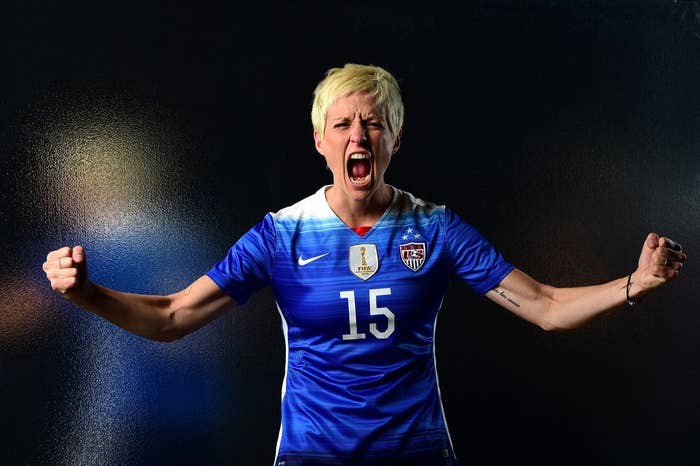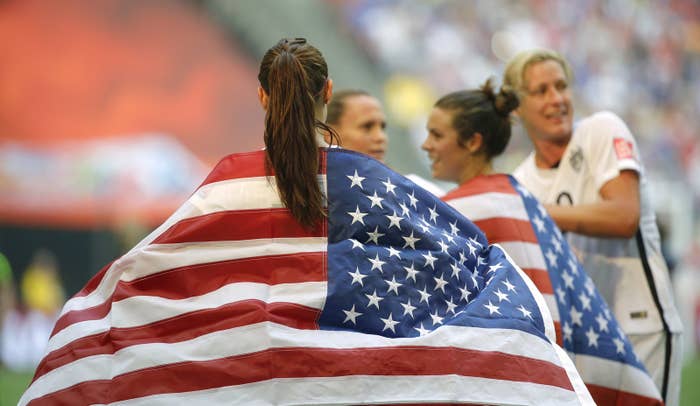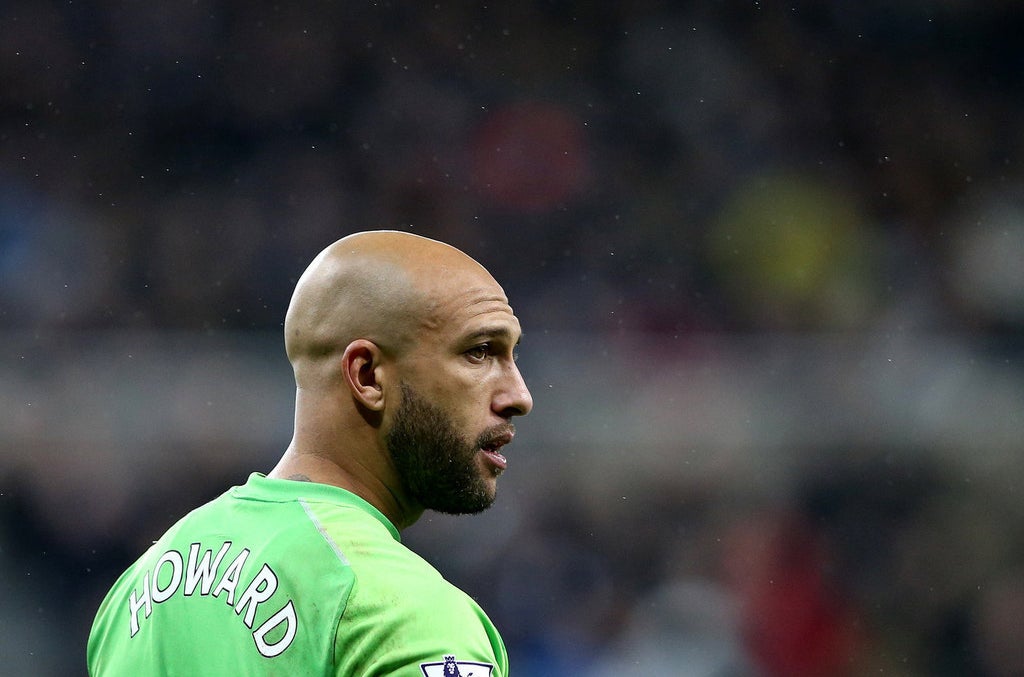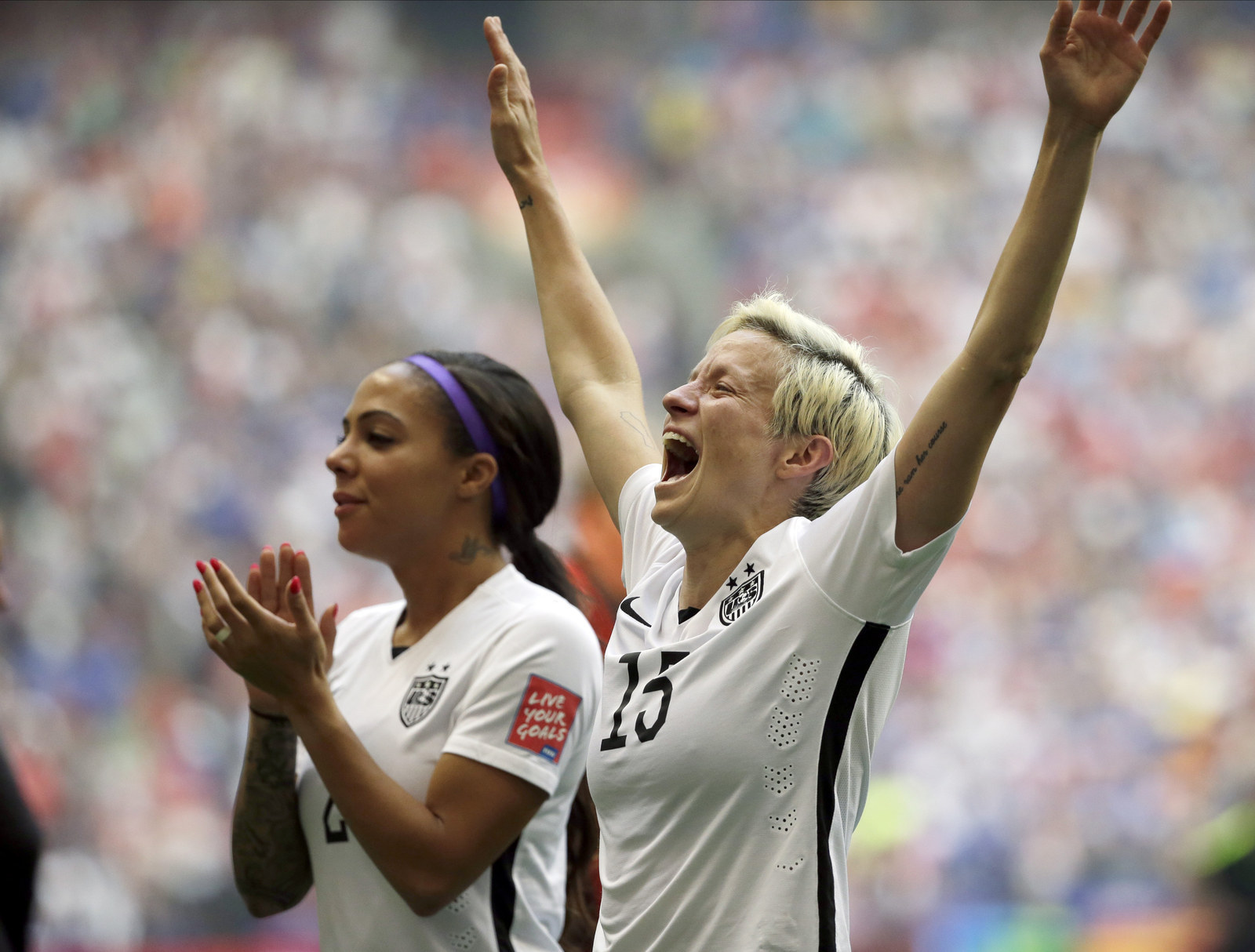
Megan Rapinoe, one of five star players who filed a wage discrimination complaint Thursday against U.S. Soccer, sharply criticized the organization for failing to provide a "baseline of respect" for the women's team, telling BuzzFeed News that it had "stifled" negotiations for higher pay after their third World Cup victory last year.
"U.S. Soccer has made it crystal clear that they have no intention of providing us with equal or even comparable pay," Rapinoe said. "We don't think that's right. We're asking for a baseline of respect in the negotiating rooms and on the field."
The women's national team is expected to take in $8 million more in revenue than the men's team in fiscal year 2017, and the women's World Cup victory, according to the complaint, propelled U.S. Soccer to a $20 million surplus last year.

But data in the complaint, filed Thursday by Rapinoe, co-captains Carli Lloyd and Becky Sauerbrunn, goalkeeper Hope Solo, and Alex Morgan, the team's promotional superstar, showed a yawning gap between how U.S. Soccer paid its male and female athletes, creating a situation in which a men's team that hypothetically lost all 20 of their annual friendlies would earn more money than a women's team that had won every one of its games. The inequality persisted even to details like the per diem allotted to women's players, which was $12.50 less than men received, and the amount that players were paid for appearing on behalf of sponsors.
"We literally maxed out our bonuses last year, we did as well as we possibly could have, and the pay gap is still in the hundreds of thousands of dollars," Rapinoe said. "That really gets me."
On Twitter, Landon Donovan, one of the foremost American stars of the men's game, suggested the sharp pay disparity highlighted in the complaint — which gave the men's team a higher bonus for a loss than the women's team received for a victory — was the result of poor negotiations by the women's team.
"Both [teams] negotiate deals themselves, [they're] not forced to accept them," Donovan wrote, in response to a fan who pointed out the disparity in bonuses.


But Rapinoe said it was “naive” for Donovan to expect that the women's team could have simply negotiated for a better deal. “There was a ceiling put up over our heads, and [U.S. Soccer] weren’t willing to engage."
Men's soccer superstar Tim Howard also suggested that negotiations were at the root of the pay disparity. On ESPN's SportsCenter, he said the women's team "should fight for their rights and fight what they think is just compensation," adding that the men's team also had to negotiate higher pay.
"We, on the men’s side, have been fighting that battle for a long, long time and we certainly know what it feels like," Howard said. "We felt underpaid for a long time and we had to negotiate our way to a settlement."
On Twitter, Donovan refuted claims that he was denying issues of systemic sexism within U.S. Soccer and internationally.

"I have a twin sister, I'm the furthest thing from sexist," he wrote.
U.S. Soccer also pushed back, saying the organization had long been at the forefront of women's worldwide soccer development. But Rapinoe said that "wasn't enough."
"They need to keep pushing forward," Rapinoe said. "People are watching our games, they're filling our stadiums — this is the next step in the evolution of women's football in this country, and they need to keep being the trailblazer."
"Times have changed," she added. "It may have been the case in the past that the men were making a lot more money, but now there are years — like this year — when we [brought in] more money than them."
